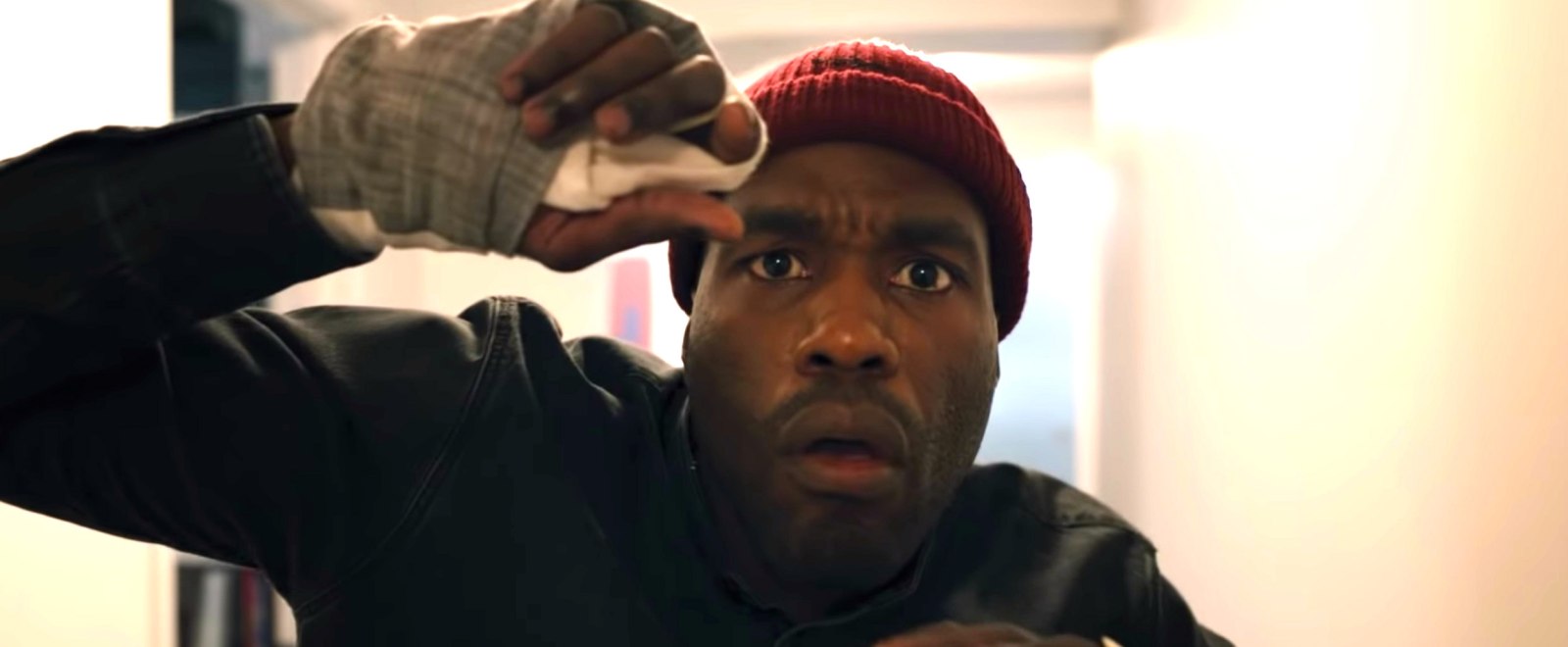
In 1991, Julie Dash became the first Black female film director have a movie released nationwide, with the dreamy Daughters of the Dust. Thirty years later and we finally have another milestone. This weekend, the new take on Candyman, directed by Nia DaCosta, finally hit theaters, and it went straight to the top of the domestic box office chart, earning $23 million. It’s a solid debut, especially for a movie released during a re-surging pandemic. But it also made history.
As pointed out by IndieWire, DaCosta’s Candyman makes it the first movie directed by a Black female film director to score a #1. There have been a few close calls. Ava DuVernay had two films that got second place: Selma and A Wrinkle in Time. Ditto 1998’s Love & Basketball, by Gina Prince-Blythewood (who would go on to The Old Guard, which Netflix claimed was one of their biggest streaming hits).
But it took a horror reboot-sequel to score the top spot. DaCosta’s Candyman does what many revivals do these days, offering a direct sequel to an original, ignoring all the sequels that came before. (See: David Gordon Green’s Halloween.) Back is Tony Todd’s titular boogeyman, who first appeared in the 1992 original, about a vengeful spirit lurking in a gentrifying Chicago. DaCosta has since been tapped to helm The Marvels, the sequel to Captain Marvel, so it’s highly likely she’ll have another #1 to her name.
Female directors were highly prevalent in cinema’s early days. Actress-director Mabel Norman is the first person to direct Charles Chaplin as the Tramp, while Lois Weber ran her own studio. Starting in the ‘30s, Hollywood studios all but banished women from the director’s chair, though they were regularly employed as screenwriters and other behind-the-scenes professions. The last few decades have seen women slowly taking back the role they once had in the industry. Meanwhile, no major Hollywood studio hired a Black director until 1969’s The Learning Tree, by photojournalist Gordon Parks. Even after that, there have been too few Black filmmakers getting the top gig. In other words, the times, they have changed.
(Via IndieWire)
